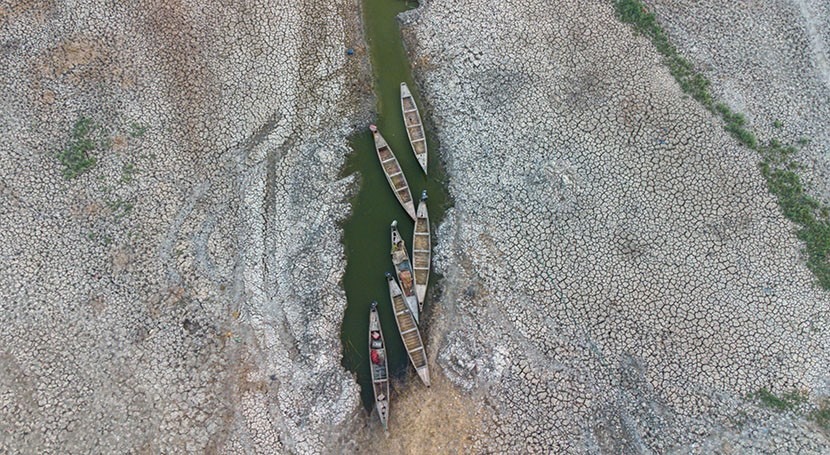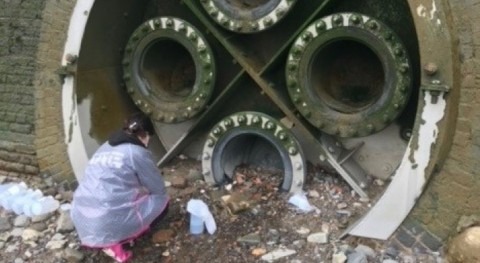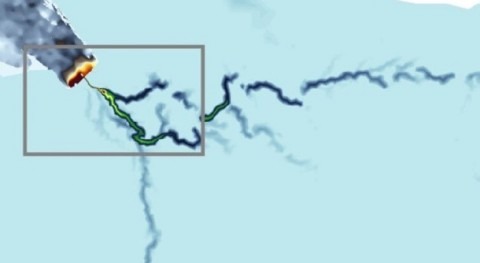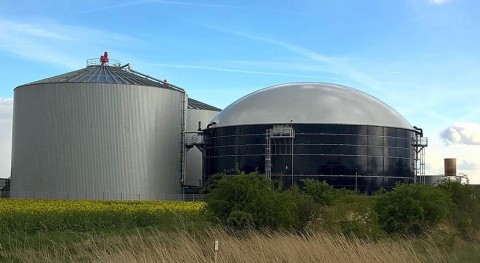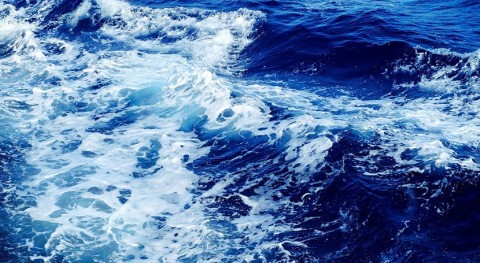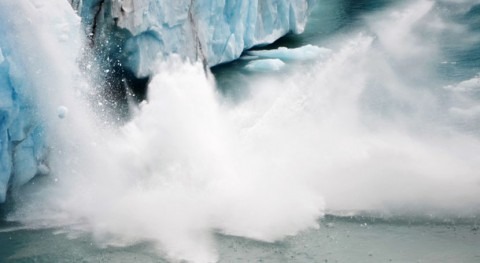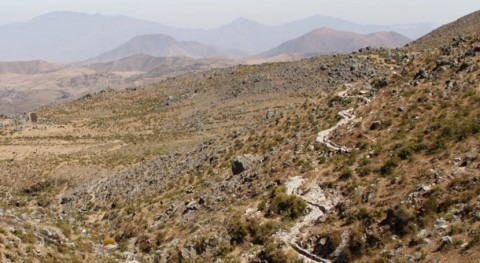A new study has found that the ongoing severe droughts in Syria, Iraq and Iran would not have happened without human-caused climate change.
Since 2020, extreme drought in Syria, Iraq and Iran has led to food and water shortages affecting tens of millions of people.
The World Weather Attribution study found that without 1.2°C of global warming caused by the burning of fossil fuels, the drought, which is currently classified as ‘Extreme’ on the US Drought monitor scale, would have been classified as ‘Normal or wet conditions.’
The finding indicates that without this warming, the chances of a similar drought occurring across the three countries would have been virtually impossible.
Looking into the impacts of the drought, the study highlights that conflict, particularly the 11-year war in Syria, made millions of people highly vulnerable to the impacts of the drought.
The study was led by Dr Friedrike (Fredi) Otto, a climate scientist at the Grantham Institute – Climate Change and the Environment, Imperial College London and the co-founder of World Weather Attribution, an international collective of researchers that studies the influence of climate change on extreme weather events.

The Tigres-Euphrates basin, which includes regions of Syria and Iraq, is commonly referred to as the ‘Fertile Crescent.’
But low rainfall and high temperatures over the last three years has seen the once the fertile lands become scorched and unfarmable.
By 2022, in Syria alone, more than 12 million people were thought to be suffering from food insecurity.
In Iraq, parts of the country have seen increased conflict over water, dried-up lakes and rivers used by fishermen have been abandoned and in 2022.
Further east, in Iran, water shortages have led to tensions with neighbouring countries and poor harvests have caused food prices to soar.
“Our study has shown that human-caused climate change is already making life considerably harder for tens of millions of people in West Asia, says Mohammad Rahimi, Professor of Climatology at Semnan University, Iran and one of the authors of the study.
“With every degree of warming, Syria, Iraq and Iran will become even harsher places to live.”
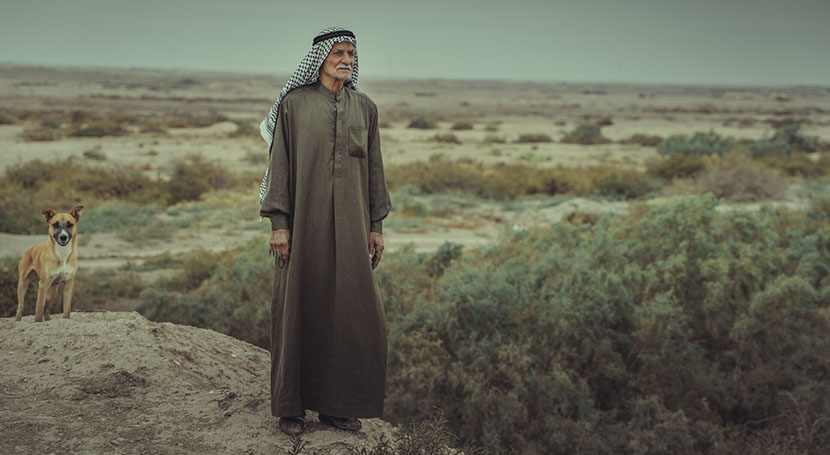
A man stands in front of the dried-up River Jasser in Iraq. Image by Mike Mustafa Khalafa for the Red Cross.
What role does climate change play?
The study focused on the drought over a three-year period from July 2020 to June 2023, looking at two regions where the impacts of drought were most severe: Iran, and the Tigris-Euphrates basin, which covers large parts of Syria and Iraq.
Using their signature peer-reviewed rapid attribution methods, World Weather Attribution scientists analysed weather data and climate model simulations to compare the severity and frequency of this drought, with around 1.2°C of warming since the Industrial Revolution, to a cooler world without human-caused warming.
While the low rainfall did not show clear signs of being influenced by climate change, the study found that high temperatures, driven by climate change, made the drought much more likely to happen - about 25 times more likely in Syria and Iraq, and 16 times more likely in Iran.
Ben Clarke, a researcher at the Grantham Institute – Climate change and the Environment, and one of the authors of the study says that higher temperatures are playing a crucial role in droughts around the world.
“Attribution studies are showing us that even if climate change doesn’t have a significant influence on low levels of rainfall, higher temperatures are turning many droughts into extreme events.”
In April, another World Weather Attribution study found that a drought in the Horn of Africa led to food insecurity for more than 20 million people wouldn’t have happened in a world without human-caused climate change.
Similarly, the scientists found that while climate change had little effect on the very low rainfall in the region, the extreme heat, driven by climate change, significantly increased evaporation from soil and plants.
A worrying future
The results of the study present a worrying future for the region.
In today’s climate, with 1.2°C of warming, severe three-year droughts in Syria, Iraq and Iran are no longer rare events – the study found that they can be expected to occur at least once every decade in Syria and Iraq and twice every decade in Iran.
But if global warming reaches 2°C, similar droughts will become even more likely, occurring about twice as often as they do now.
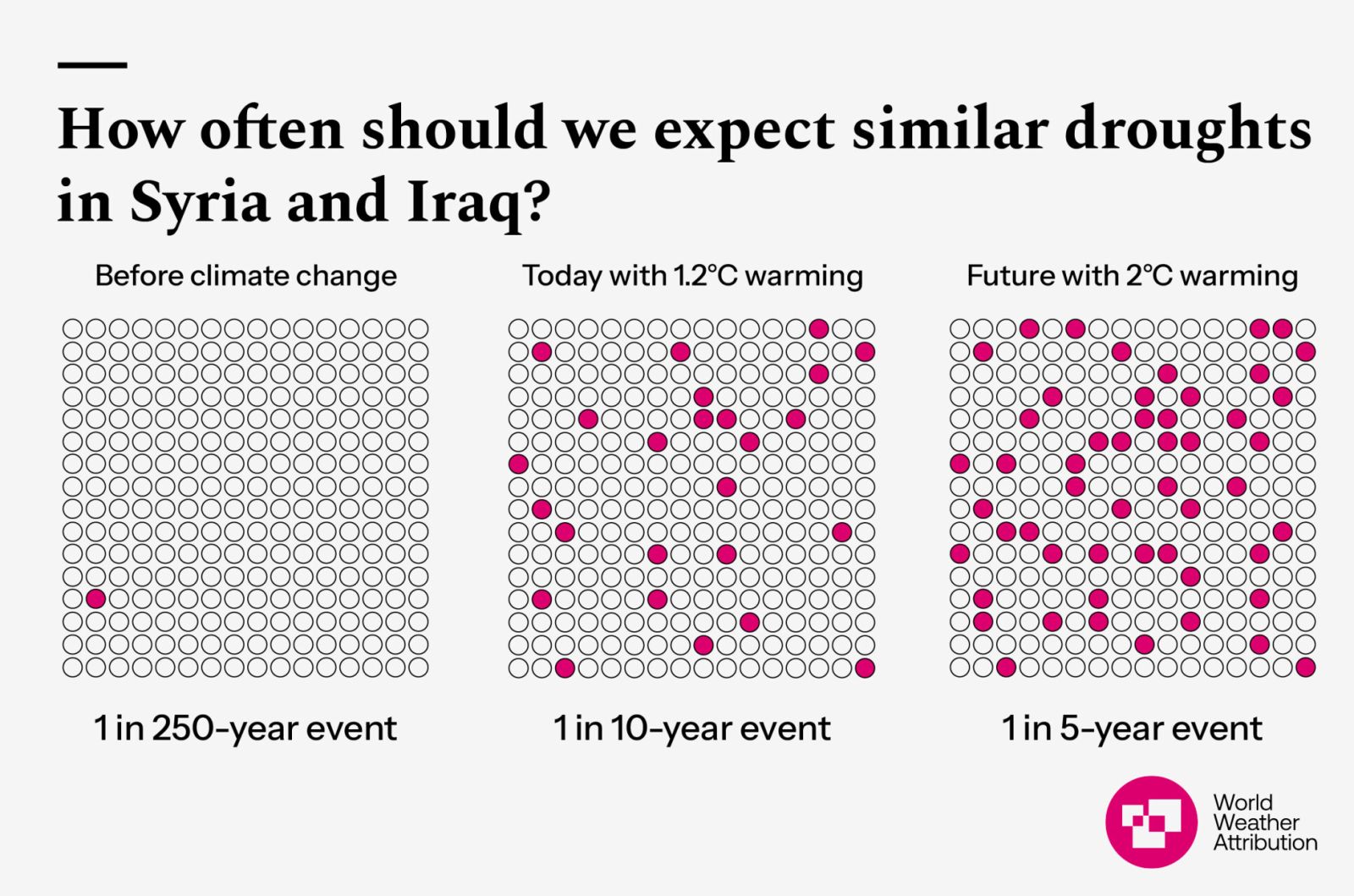
However, the scientists warn that these are conservative estimates, and the increase may be even greater.
“The threat of drought is rapidly increasing in a warming world, destroying livelihoods and disrupting global food systems,” says Dr Otto.
“Climate change is making life much harder for many people in West Asia. While countries made extremely wealthy by fossil fuels can pay for adaptive measures to enjoy a comfortable standard of living in a hotter, harsher world, poorer countries reeling in the aftermath of war, cannot.”
At the end of November, 196 countries will meet in Dubai for COP28 – the annual United Nations climate change conference.
Dr Otto says that to avoid even greater impacts from climate change, it is essential the world agrees to rapidly move away from oil, gas and coal.
“If the world does not agree to phase out fossil fuels at COP28, everyone loses - more people will suffer from water shortages, more farmers will be displaced and many people will pay more for food at supermarkets.”


